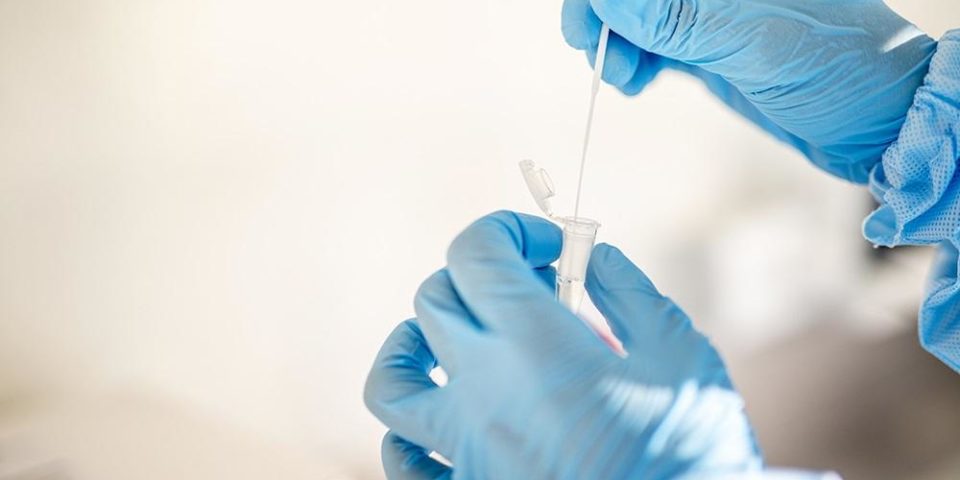What you need to do even if your COVID-19 test comes back negative
Some patients with COVID-19 symptoms are finding that their tests are coming back negative, but their X-rays are showing positive. So, should you quarantine yourself? Infectious disease pediatric physician Anna-Kathryn Burch, MD, explained what to do.
“Sometimes the tests are not positive when they should be. That’s the case for other infections also where we use PCR testing,” she said.
PCR stands for polymerise chain reaction and tests for the presence of an antigen. This test can confirm an infection, but it doesn’t give a patient the all clear.
“If you highly suspect COVID-19, regardless if the test is negative, you should act like it is COVID-19,” Dr. Burch said. “Most practitioners realize that just because the test is negative, this doesn’t mean you don’t have COVID-19.”
Dr. Burch recommended following your doctor’s guidance and the most current CDC recommendation with regard to isolation/quarantine.
What is serology testing and how is it different from PCR?
Serology tests the blood for antibodies. “What you have to remember is that it takes our bodies about 7 to 14 days to make antibodies against a virus,” said Dr. Burch. “It doesn’t happen immediately. So, most of the time you are already over the virus before you can detect antibodies in your blood.
Dr. Burch said serology testing should not be used to diagnose COVID-19.
“What serology does for us is to help us from an epidemiological standpoint to figure out how many in the population have actually been exposed and had COVID-19 at some point in the past. Serology tests also can cross-react, which means it can identify antibodies from other types of coronavirus that are not COVID-19,” she said.
Need care today?
Use an E-Visit for quick, convenient care. Just go online, answer questions about your symptoms and submit.
Get Care Now

